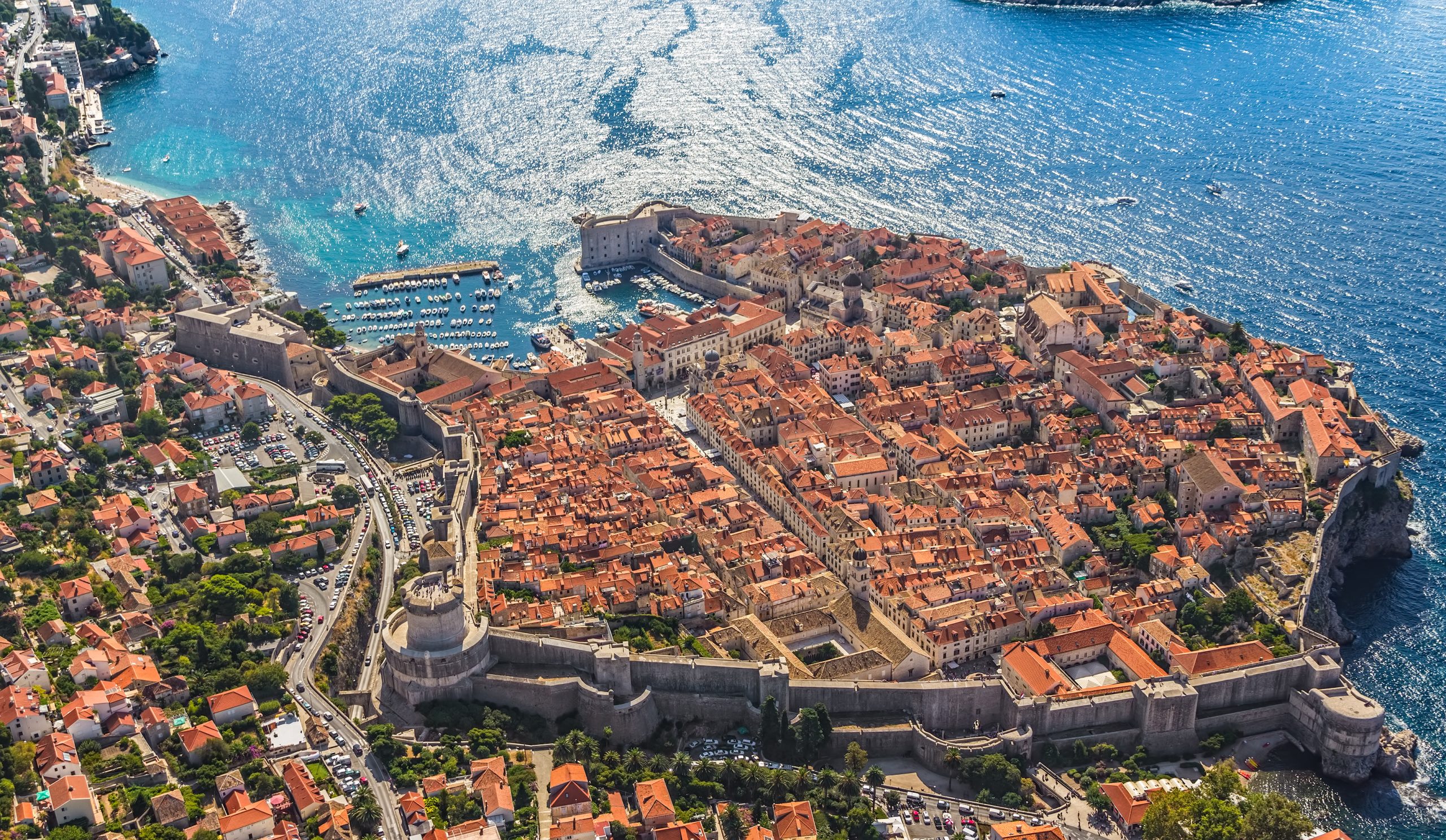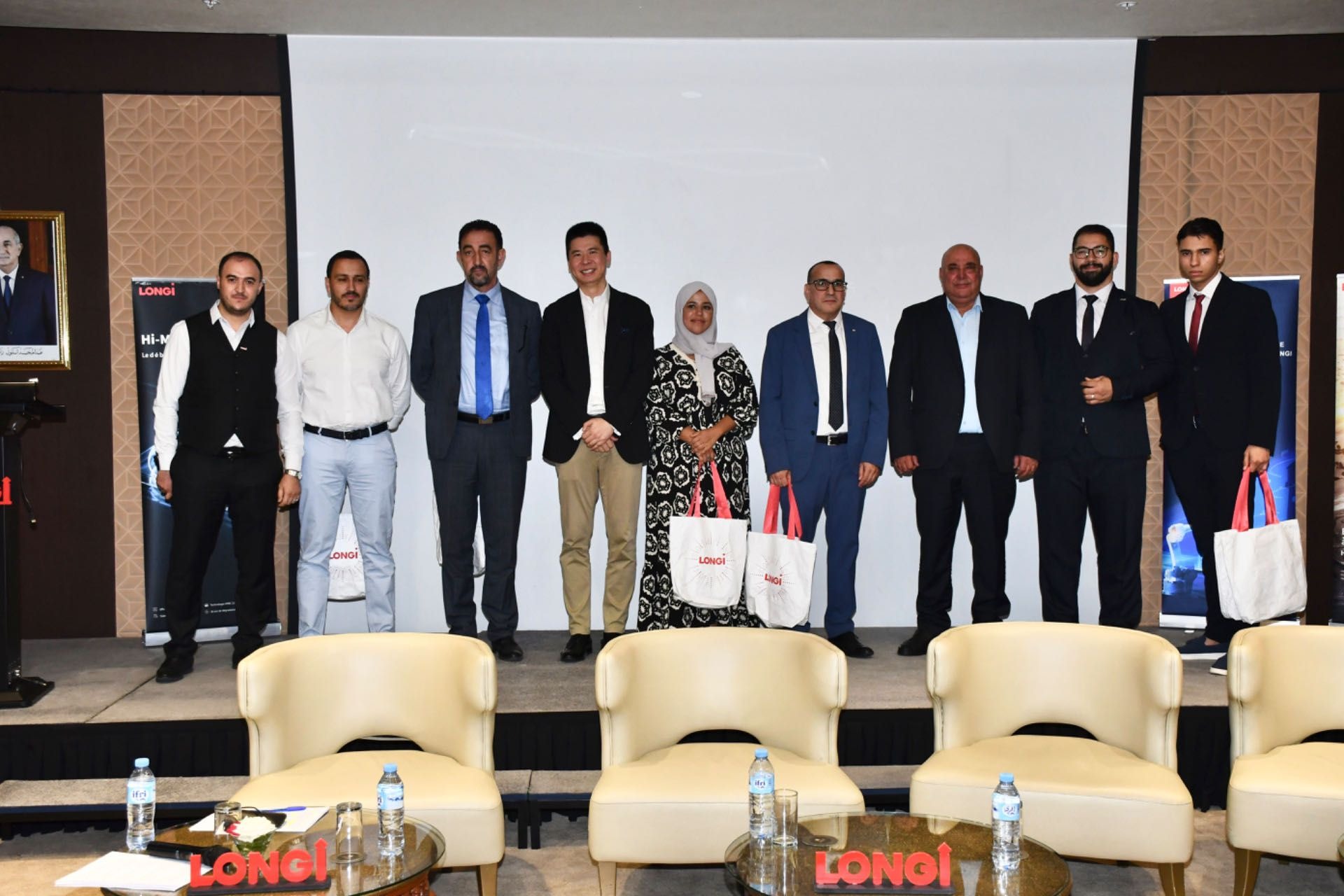Damir Habijan: “We Don’t Have Hydrogen Cars, But Will Build Ten Stations”

Although not a single hydrogen vehicle has been registered in Croatia, the Minister of Sustainable Development Damir Habijan recently announced the construction of ten hydrogen filling stations, for which around 23 million euros will be allocated.
According to the ministry, at the end of February, a support program was announced, in which it is noted that the total amount of funds available for allocation is EUR 29,636,140.42, of which EUR 23 million refers to hydrogen filling stations.
– Of the above amount, 15 million euros are intended to finance the construction of six hydrogen filling stations in road traffic through the National Plan for Recovery and Resilience. Publication of this invitation is planned during this year. The rest of the funds in the amount of EUR 8 million have been allocated for the construction of four additional hydrogen filling stations for road traffic through the Competitiveness and Cohesion Program. So, EUR 23,000,000 has been allocated for the construction of ten hydrogen filling stations for road transport – the ministry says.
Judging by the answers we received from the ministry, it is important for them to spend that money, and the fact that there are no such cars on Croatian roads, they are not really interested in that, they say that infrastructure is important.
Money must be spent
They add that “according to the legislation of the EU and the Republic of Croatia, it is necessary to provide infrastructure for alternative fuels so that vehicles can start to be used”. The problem is that there are no such vehicles.
When asked about the fact that there are no such vehicles in our country, the ministry proudly notes that there is a Toyota Mirai. By the way, the price of the Toyota Mirai is 63 thousand euros, or almost half a million kunas for those who haven’t gotten used to it yet, which may be a bit much for ministers, but certainly not for average citizens.
However, the ministry also jumped on board and said that the “Environmental Protection and Energy Efficiency Fund has already recognized the potential of hydrogen vehicles, and when they are on sale in the Republic of Croatia, it will be possible to co-finance the purchase of such vehicles”. So we will finance several vehicles for a couple of wealthier people who will want to drive on hydrogen.
Zdeslav Matić, an energy expert, says that the use of hydrogen in traffic is ineffective
– For this purpose, it is necessary to build a continental hydrogen distribution network at very high pressures of 700 bar, far higher than the typical pressures with which the industry has experience. Hydrogen vehicles are essentially electric vehicles in which electricity is produced in fuel cells, which then charges the battery and is used for electric propulsion.
Compared to battery electric vehicles, the efficiency of hydrogen vehicles is 3 to 4 times lower if the hydrogen was initially produced from electricity, pressurized to high pressures or liquefied, then distributed to the filling station and used again in the vehicle in a fuel cell to produce electricity.
The technological complexity and thus the price of a hydrogen vehicle, as well as the maintenance requirements, are significantly higher than a battery electric vehicle – explains Matić, adding that hydrogen technology is in development and is not even close to commercialization.

